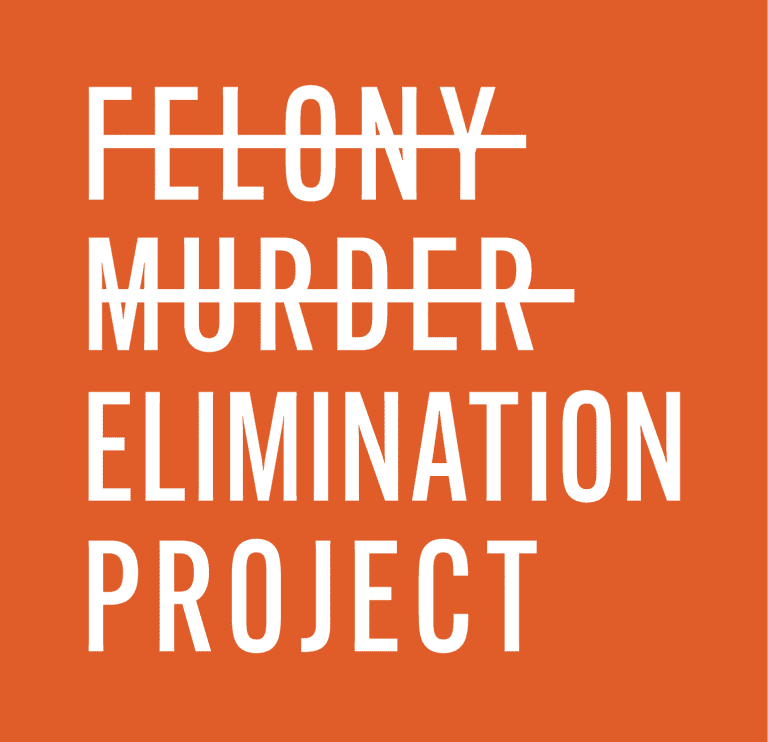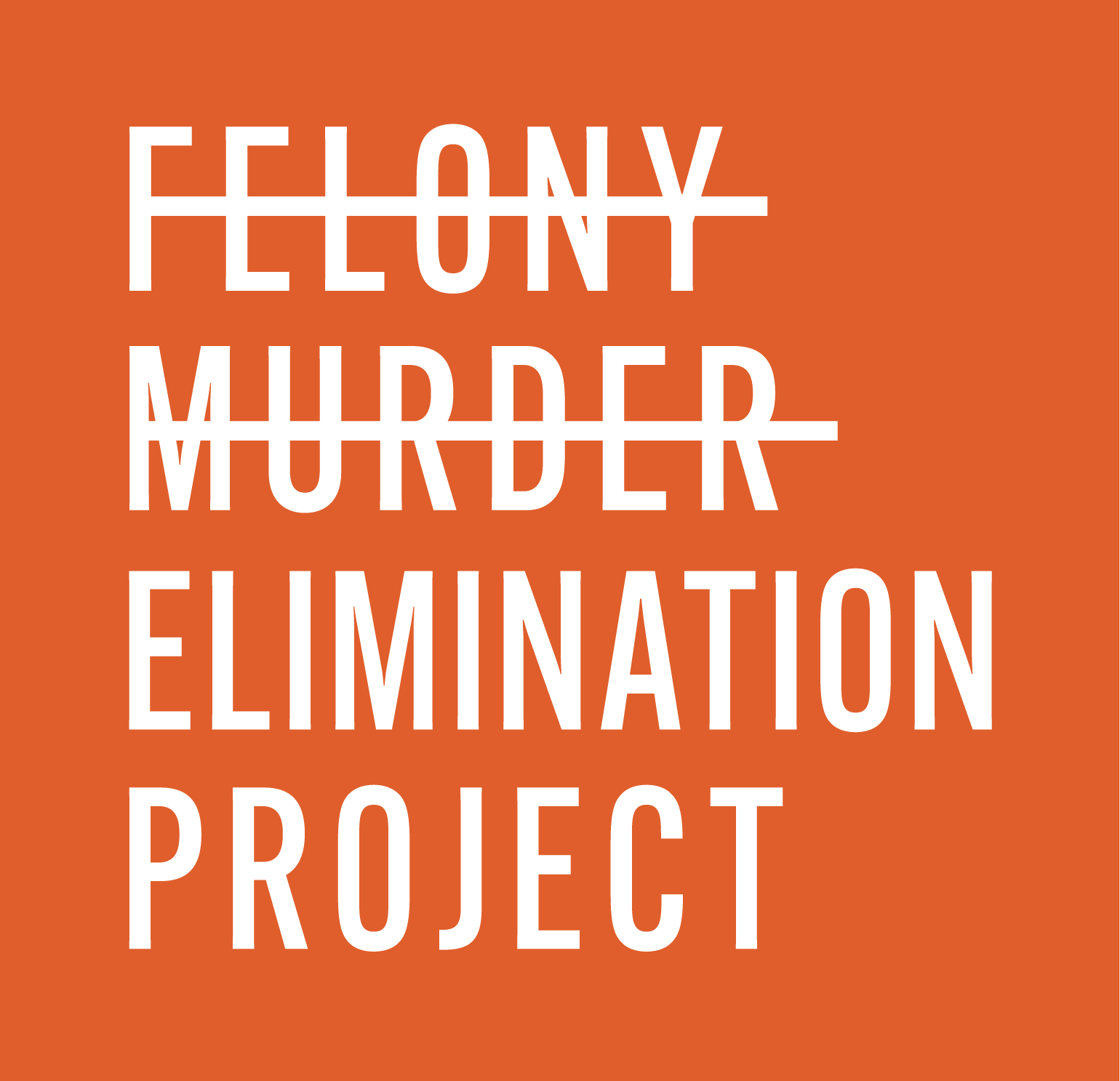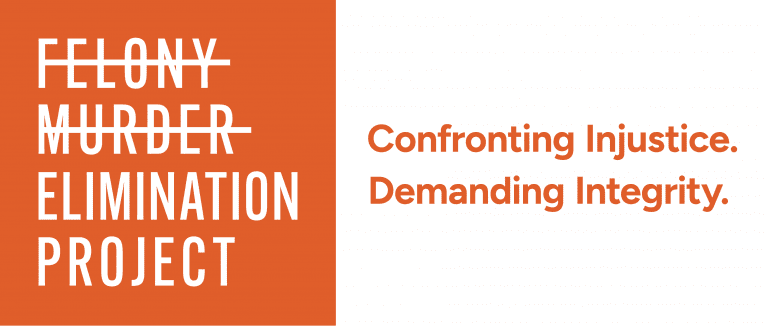U.S. District Judge John Gibney signaled Thursday that he will likely rule to weaken Virginia’s felony disenfranchisement law, which would restore voting rights to thousands of Virginians with felony convictions.
Virginia’s felony disenfranchisement law permanently bars individuals with felony convictions from voting. Since 2023, individuals must apply to the Virginia Governor’s office for restoration, as a 2021 automatic restoration policy was reversed. This process has been challenged in court, with arguments that the current system violates the 1870 Readmission Act, which limited disenfranchisement to a narrow list of common-law felonies that did not include many modern offenses.
A ruling in this case would not apply to Virginians convicted of nine “common law” felonies; murder, manslaughter, arson, burglary, robbery, rape, sodomy, mayhem and larceny.
Gibney, an appointee of President Barack Obama, ordered parties in the case to provide briefing on what the terms of an injunction against the law would look like, according to Vishal Agraharkar, an attorney with the ACLU of Virginia, part of a legal group representing the plaintiffs in the case.
“We are encouraged by how the hearing went and are optimistic for a favorable ruling,” said Agraharkar. “A victory for the plaintiffs would strike down a lingering relic of Jim Crow in Virginia and would prove it’s never too late to right a wrong. More importantly, it would restore the right to vote to our plaintiffs and hundreds of thousands of additional eligible voters, including about 1 in 10 Black adults, who never should have been disenfranchised.”
Residents with felony convictions in most states have their voting rights automatically restored after either their release or the completion of their sentence. Virginia permanently strips citizens of their right to vote unless the governor decides to restore it. As a result, it is the state with the fifth highest number of citizens disenfranchised for felony convictions, according to court filings.
The ACLU of Virginia, along with other counsel, sued the state in 2023 on behalf of three disenfranchised voters, arguing that the state is violating a Reconstruction-era law, the Virginia Readmission Act, which aimed to protect Black voting rights. The plaintiffs argued Virginia must restore voting rights for people convicted of crimes that “were not common law felonies when the Virginia Readmission Act was passed in 1870,” such as drug possession.



